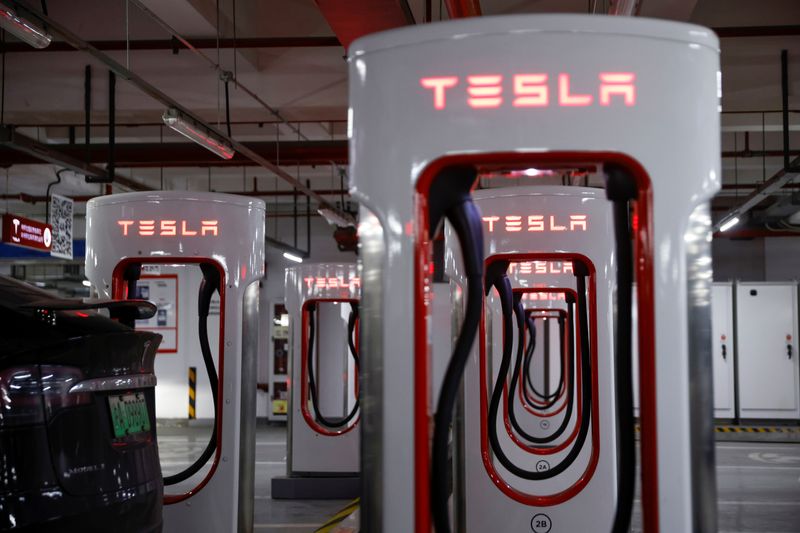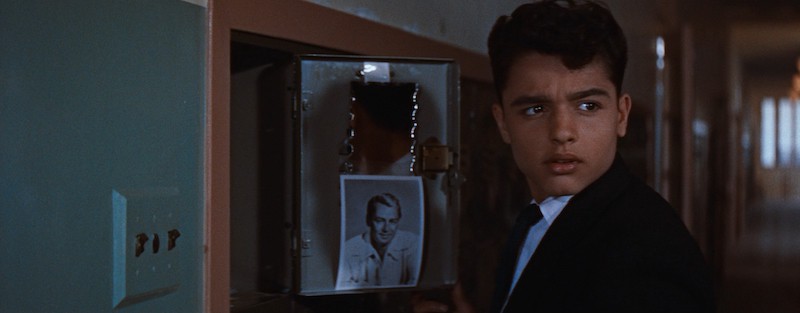Many people seem to think that the freedom of some to express their opinions is more important than the freedom of others to peacefully go about their daily activities; that free speech by blocking a road or an air terminal takes precedence over the freedom of somebody else to catch a flight to visit a loved one, to take a vacation, or just simply to earn a living. Wall Street Journal columnist Jason Riley raises this issue when criticizing pro-Palestinian protestors who recently blocked access to bridges, roads, and air terminals in order to draw attention to their cause (“If Police Won’t Back Up ‘Mr. Brooklyn,’ Maybe a Lawyer Will,” January 23).
Except if one favors conflicting and unequal freedoms among individuals, free speech does not entail my freedom to go and speak in your living room nor arguably to block a road supposed to belong equally to everybody. What free speech means is the equal freedom to express one’s opinions on one’s property, or on property one has leased such as a convention hall, or on public property provided that other users are not excluded, or on a piece of property whose owner welcomes the speaker such as the pages of a newspaper. Paradoxically, those who block roads or organize or inspire protests typically have the best access to the media. What would they say if a mob blocked the printing presses of the New York Times or the Washington Post? Freedom of speech is closely related to private property, which explains why it does not exist under collectivist regimes of the left or the right—the regimes protesters often defend.
Many on the left show a logical incoherence that Donald Trump, certainly not handicapped in this department, could envy them.
Anthony de Jasay, the economist and political philosopher who was both a classical liberal and an anarchist (portrayed in the featured image of this post), often becomes an iconoclast when he follows the logical implications of his theories. He labels “freedom-talk” or “rightsism” the political theories that favor conflicting rights picked up from thin philosophical space. In his view, liberties simply but wholly consist of everything that does not cause an actual tort to somebody exercising his own equal liberty; and a right is nothing but a benefit obtained from another party through a voluntary contract (generally against consideration). Protesters, newspapers, and travelers have the same liberties to do anything that does not interfere with the equal liberty of others and anything within their contractual and property rights. As usual, public property raises special problems, but why would one group have the power to deliberately exclude another group of individuals who have supposedly the same liberty to access it? (On “freedom-talk” and “rightsism,” see de Jasay’s book Social Justice and the Indian Rope Trick, especially Chapters 3 and 4 of Part 1; and the chapter “Before Resorting to Politics” in his Against Politics. Expect to be challenged.)















